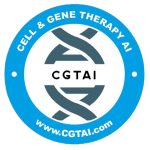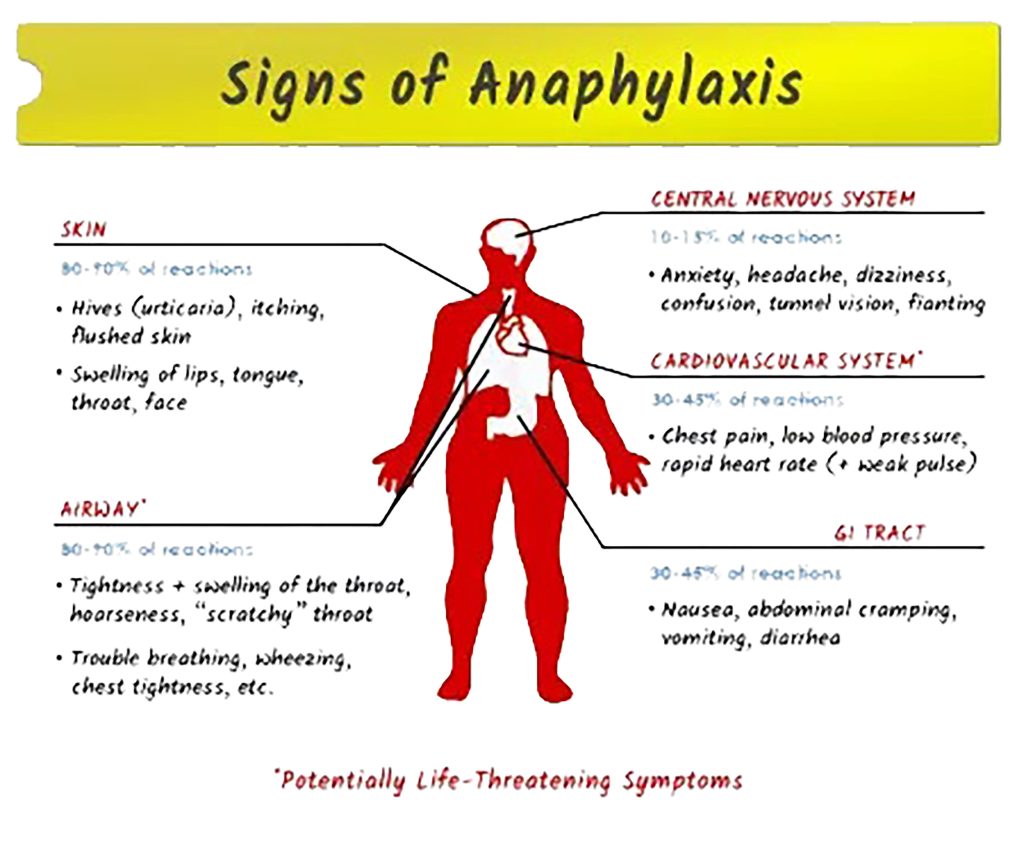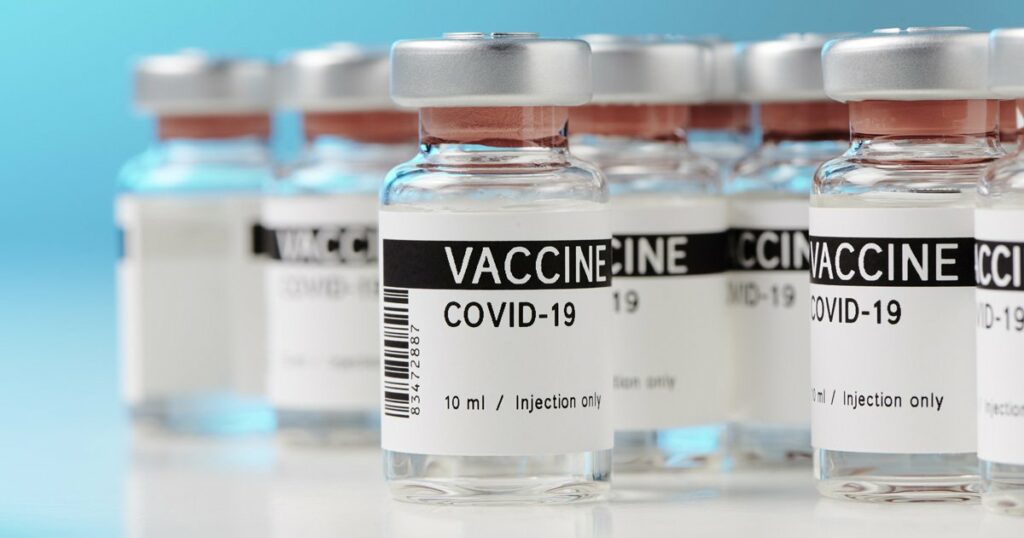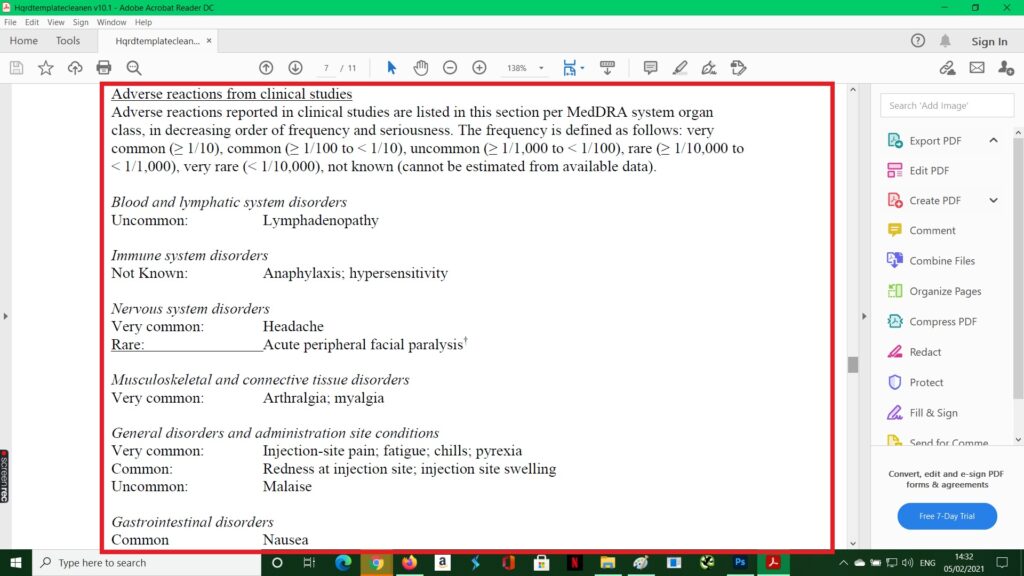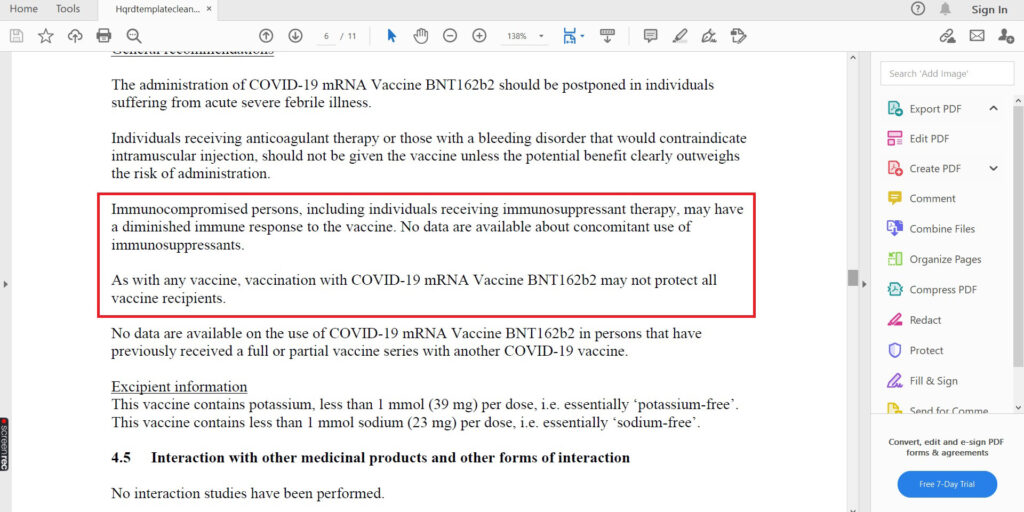Gene Therapy Start-Ups Bluebird Bio
Country: USA | Funding: $484M
Bluebird Bio offers products based on the transformative potential of gene therapy for patients with genetic and orphan diseases.
bluebird bio | Pioneering Gene Therapies | Recode for Life
Who Are Bluebird Bio
Gene therapy is a revolutionary approach in the field of medicine that has the potential to cure genetic disorders by replacing, deleting, or repairing defective genes. One of the key players in the gene therapy industry is Bluebird Bio, a biotechnology company founded in 1992 that specializes in developing gene therapies for rare genetic diseases.
Bluebird Bio is a leading gene therapy company that has been at the forefront of developing transformative gene therapies for rare genetic diseases. The company’s focus on rare diseases is driven by the fact that many of these diseases have no existing treatments, leaving patients with few options for managing their conditions.
The company’s first gene therapy product, called Zynteglo, was approved by the European Medicines Agency (EMA) in 2019. Zynteglo is a treatment for beta-thalassemia, a rare blood disorder that results in the production of abnormal hemoglobin. The therapy involves inserting a functional copy of the beta-globin gene into the patient’s own stem cells, which are then transplanted back into the patient’s body. The therapy has been shown to eliminate the need for lifelong blood transfusions in some patients.
Bluebird Bio is also developing gene therapies for other rare diseases, including sickle cell disease, cerebral adrenoleukodystrophy (CALD), and multiple myeloma. The company’s sickle cell disease gene therapy, called LentiGlobin, is currently in clinical trials and has shown promising results in early studies. The therapy involves inserting a functional copy of the beta-globin gene into the patient’s own stem cells, which are then transplanted back into the patient’s body. The therapy has been shown to increase the production of healthy hemoglobin in patients, reducing the frequency of painful sickle cell crises.
In addition to its work on gene therapies, Bluebird Bio is also focused on developing innovative gene editing technologies. The company’s gene editing platform, called TALENs, uses custom-designed enzymes to precisely target and modify specific genes in the human genome. The technology has the potential to be used to treat a wide range of genetic diseases, including inherited disorders and certain types of cancer.
Bluebird Bio has been successful in securing significant funding to support its research and development efforts. The company has raised over $2 billion in funding from investors, including venture capital firms, strategic partners, and public markets. In 2018, the company entered into a strategic partnership with Regeneron Pharmaceuticals to develop gene therapies for genetic eye diseases.
While Bluebird Bio has made significant progress in the development of gene therapies, the field of gene therapy is still in its early stages, and there are many challenges that need to be overcome before these therapies can become widely available. These challenges include developing safe and effective delivery methods, optimizing dosing regimens, and addressing the high cost of gene therapies.
Bluebird Bio is a leader in the field of gene therapy, with a focus on developing transformative therapies for rare genetic diseases. The company’s successes in developing gene therapies for beta-thalassemia and sickle cell disease demonstrate the potential of gene therapy to provide life-changing treatments for patients with rare diseases. With its strong research and development capabilities, strategic partnerships, and significant funding, Bluebird Bio is well-positioned to continue making significant contributions to the field of gene therapy in the years to come.
How Does Bluebird Bio Market Their Business?
Bluebird Bio markets its business by primarily focusing on its innovative and transformative gene therapy products and technologies. The company employs various marketing strategies to raise awareness about its brand and products, build relationships with key stakeholders, and reach its target audience.
One of the key marketing strategies employed by Bluebird Bio is thought leadership. The company positions itself as a leader in the field of gene therapy by regularly publishing articles, presenting at scientific conferences, and participating in industry events. This approach helps to establish Bluebird Bio as a trusted and authoritative voice in the gene therapy space, which can help to attract investors, partners, and potential customers.
Bluebird Bio also uses content marketing to educate and engage its target audience. The company maintains an active blog and social media presence, where it shares updates on its research and development activities, highlights patient stories, and provides insights into the latest developments in the gene therapy field. By creating informative and engaging content, Bluebird Bio can attract and retain the attention of its target audience, which can help to build brand awareness and loyalty over time.
Another key marketing strategy employed by Bluebird Bio is strategic partnerships. The company has established partnerships with a variety of organizations, including academic institutions, pharmaceutical companies, and patient advocacy groups. These partnerships help to amplify Bluebird Bio’s message, expand its reach, and provide access to new resources and expertise. By working collaboratively with other organizations, Bluebird Bio can leverage the strengths of its partners to achieve its goals more efficiently and effectively.
Finally, Bluebird Bio uses traditional marketing channels such as advertising and public relations to promote its brand and products. The company may run targeted advertising campaigns in scientific journals or other industry publications to reach its target audience, or it may engage in media relations activities to secure coverage in mainstream media outlets. These activities help to increase the visibility of Bluebird Bio and its products, which can ultimately help to drive demand and support the company’s growth objectives.
In summary, Bluebird Bio markets its business by leveraging its innovative products and technologies, establishing thought leadership, engaging in content marketing, forming strategic partnerships, and using traditional marketing channels such as advertising and public relations. By using a variety of marketing strategies, Bluebird Bio can build brand awareness, attract customers and partners, and ultimately achieve its mission of developing life-changing gene therapies for patients with rare genetic diseases.
ADVERTISEMENT
If you found this article insightful and would like similar content written for your business, just drop us a line using the button below:
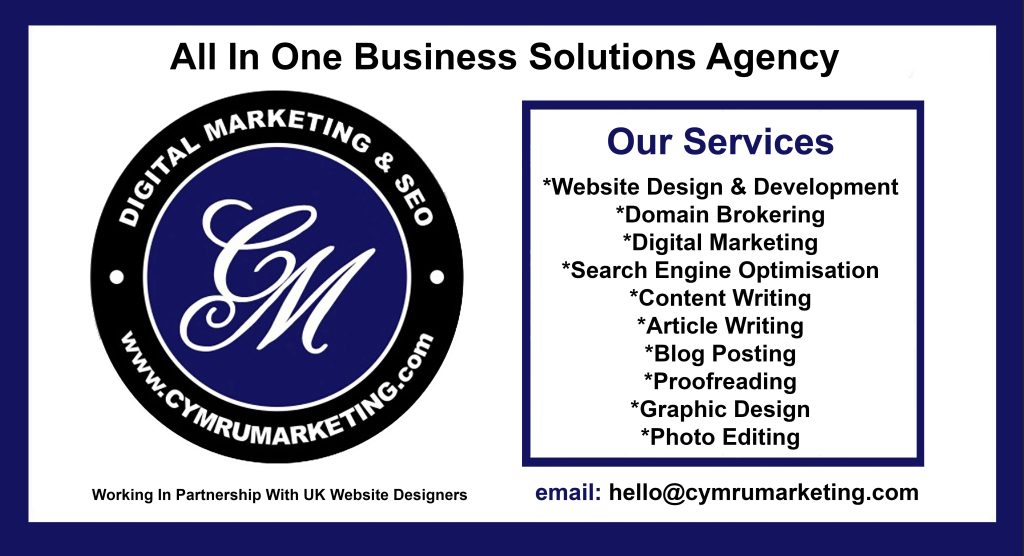
#bluebirdbio #genetherapy #cellteraphy #cellandtherapyai #cgtai #biotechnology #biotechnologymarketing #biotechnologywriting #cgtaiwriting


